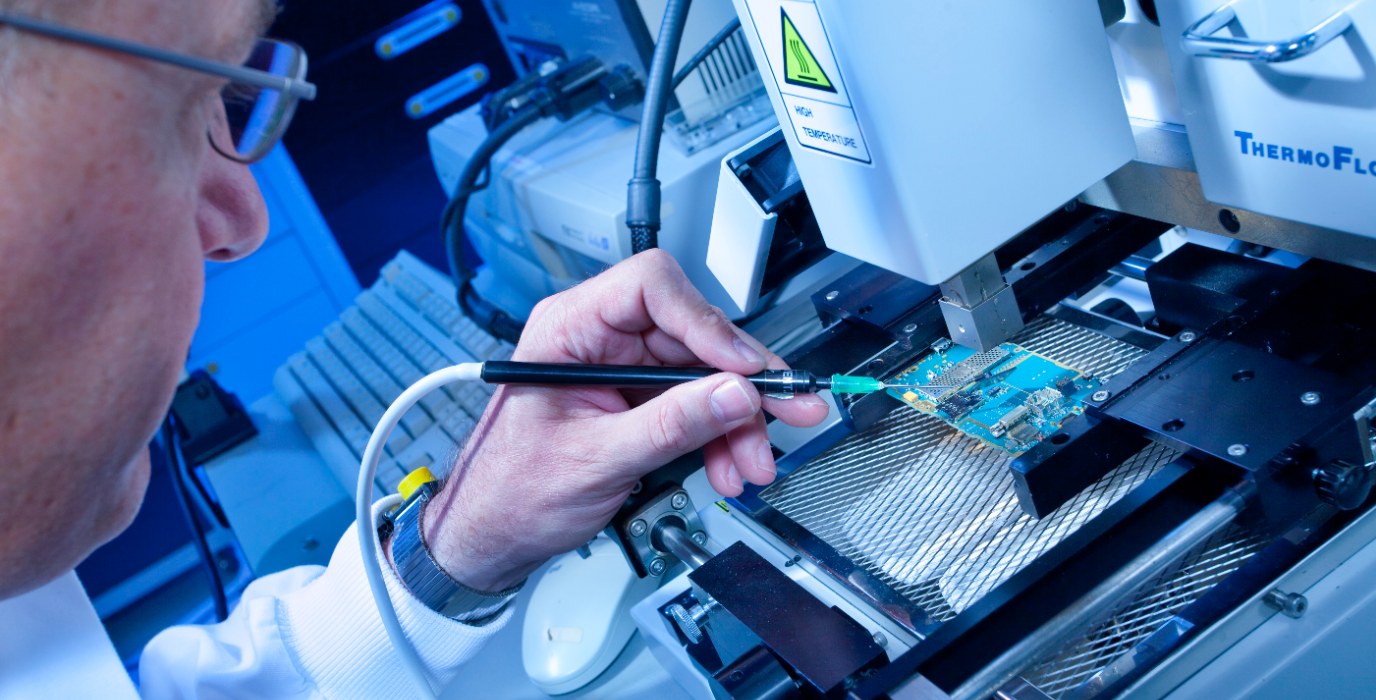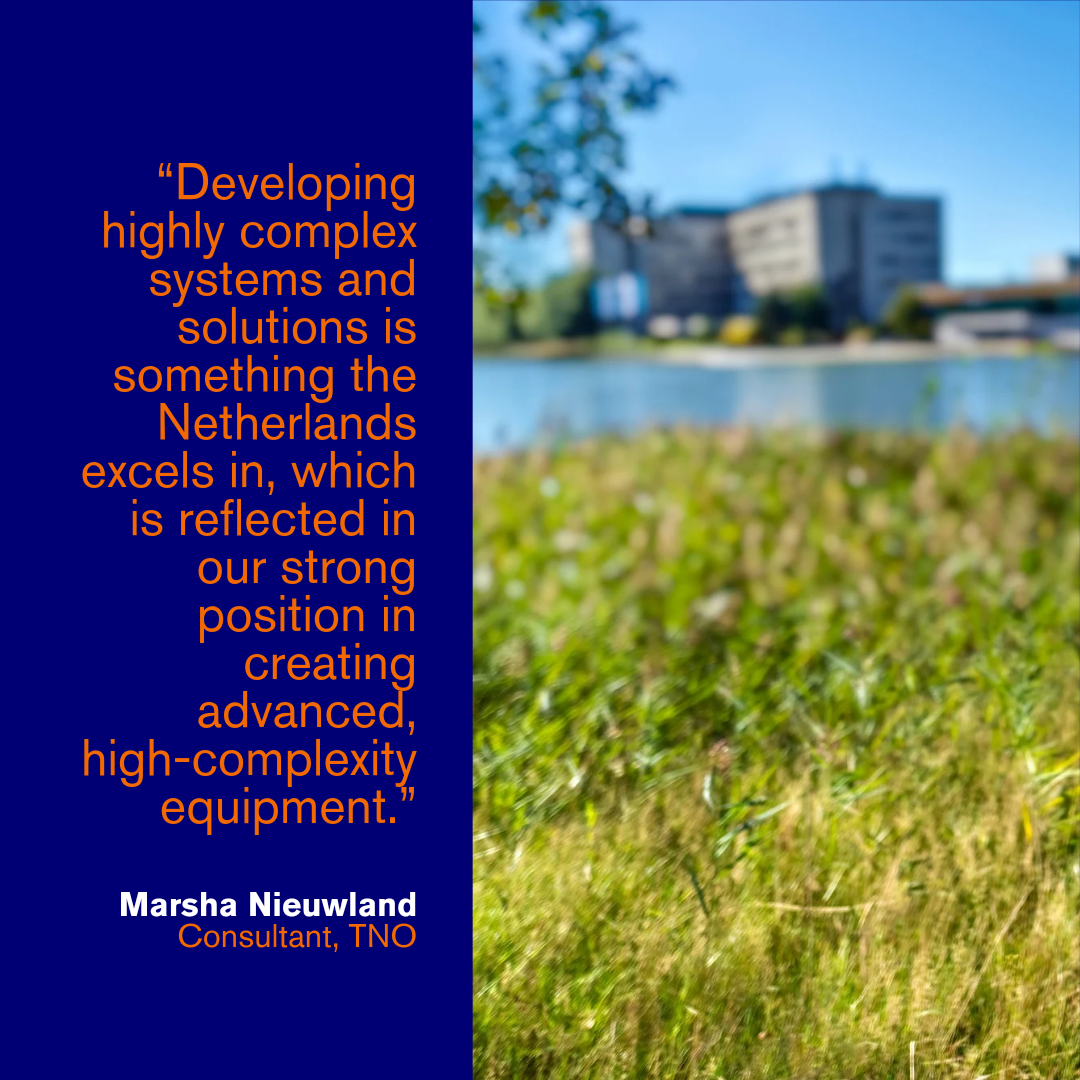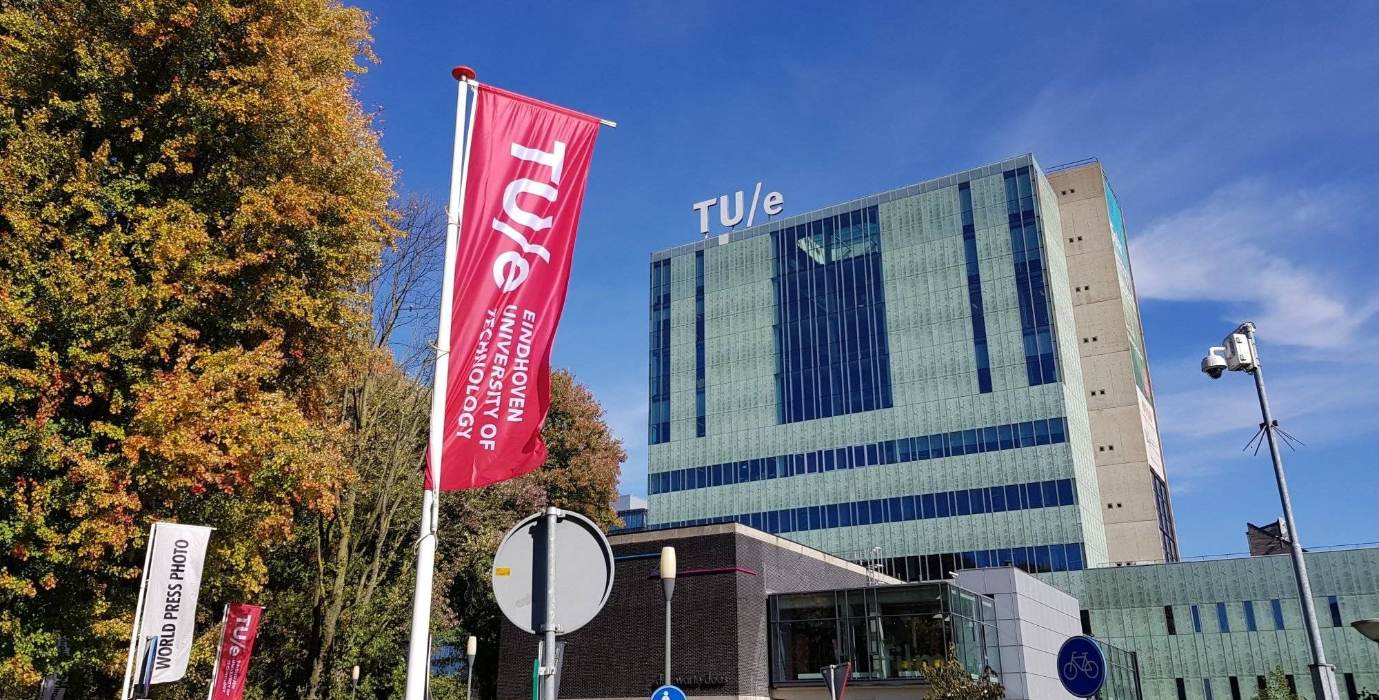There’s a growing focus on photonics and integrated circuits, with Dutch companies and research institutions at the forefront of developing these technologies for next-generation semiconductors.
Photonic chips provide superior energy efficiency and speed over traditional circuits, leading to telecommunications and data processing innovations. While the Netherlands has committed €2.5 billion to strengthen its semiconductor industry, other countries are making significantly huge investments, with France allocating €5 billion by 2030, the U.S. investing $52 billion through the CHIPS Act, and South Korea pledging €430 billion over two decades to secure a substantial share of global chip production.
This expansion will likely create new opportunities for innovation in integrated circuits, which are essential for various applications ranging from consumer electronics to industrial automation.
“The future of connectivity is in photonics, and the Netherlands can play a huge role in this area. We also have centres like Delta for quantum computing, which is extremely important for the industry.”
Del Maffeo, CEO, Axelera AI
Complementing photonics is quantum technologies, with centres like Delta spearheading quantum computing advancements. Advancements in quantum technologies have the potential to revolutionise semiconductor applications, including ultra-secure communications and next-gen computational capabilities.
This overlap between photonic, quantum and semiconductor supply chains drives innovation in high-speed data transmission and integrated circuit design. The Dutch government’s investment in photonics and quantum research strengthens the Netherlands’ position as a central player, with the global semiconductor market projected to surpass $1.5 billion by 2026.






